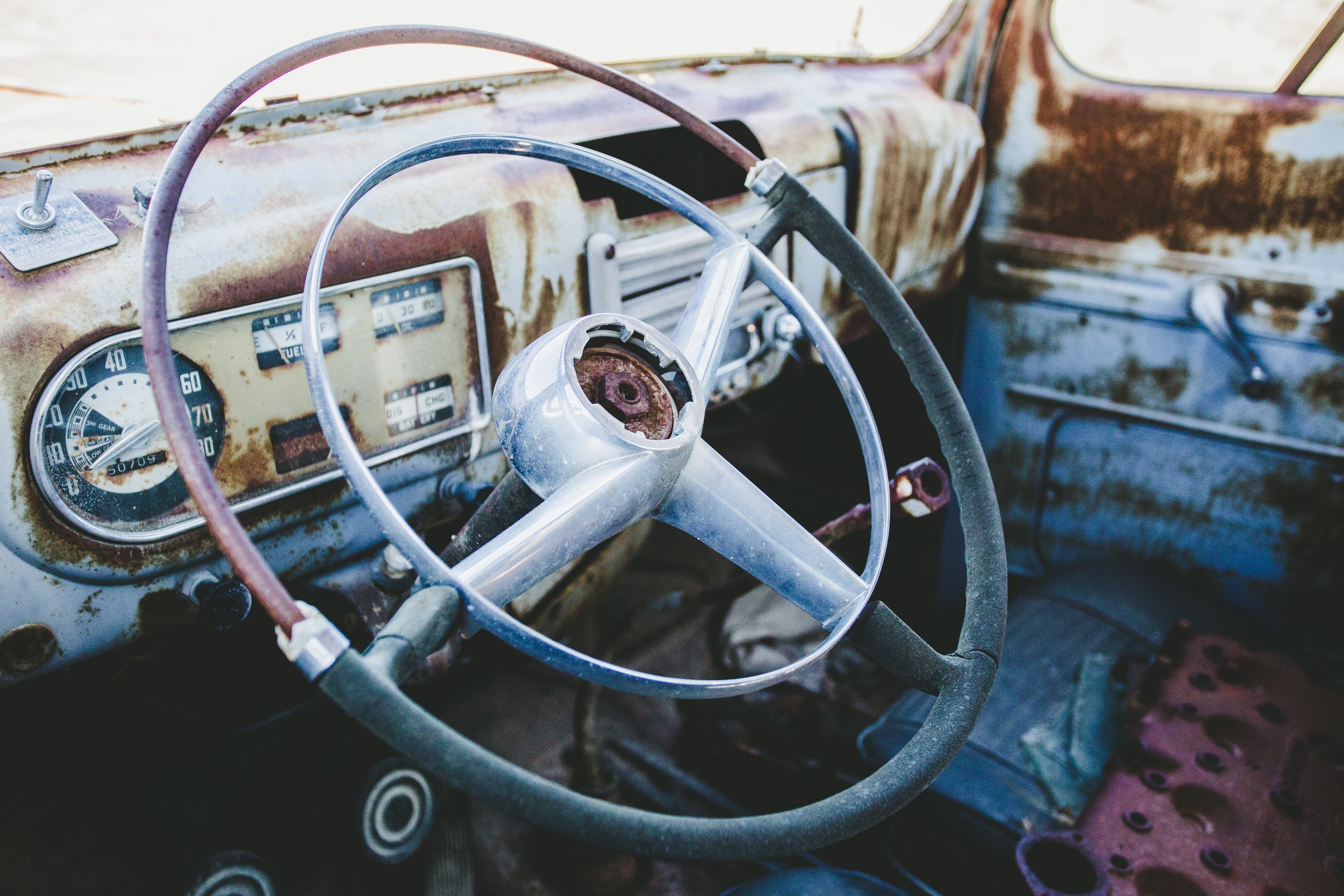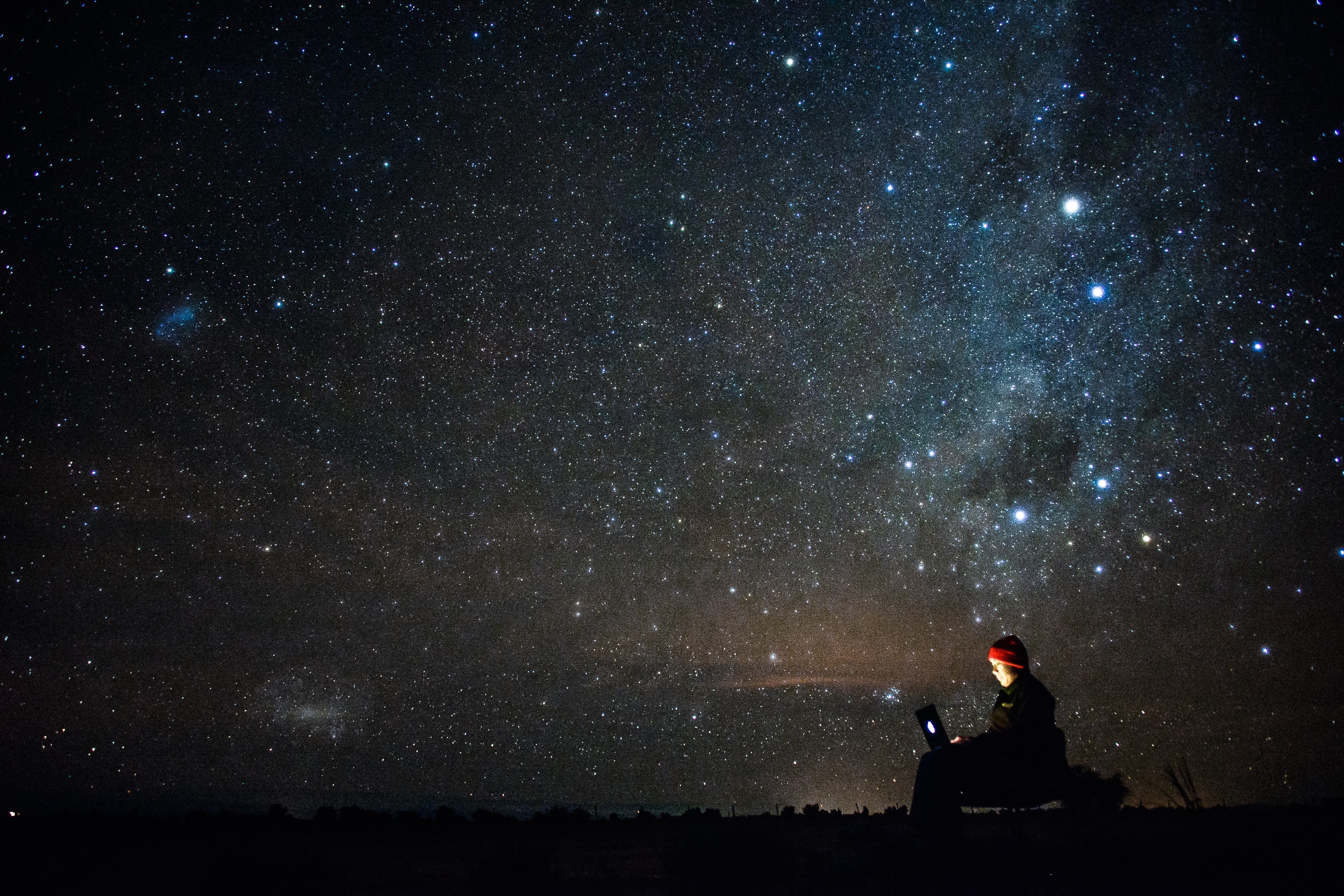The Myth of Los Angeles

We had first-timers visiting us in Los Angeles a few weeks ago during an oppressive hot streak, when the Santa Anas blew in heavy and dry. All plans for hiking were scrapped, and we toured them through the city via air-conditioned car, as cultural mythology would tell you Los Angeles was meant to be seen.
How do we come by our ideas of a place? Why do we think we have a sense of what New York City essentially "is," as we do with Paris and Los Angeles and everywhere else? By way of art for sure - movies and books and songs and everything else that tries to tell us the story of a place, attempts to catch the mood, the light, the vibe. It's a bit of a trick, I think, that LA has allowed this myth of it's superficiality and lack of cultural and historical value. We don't need you after all; our rents are lower and our weather better and and points-of-view more progressive.
(This, of course, is it's own version of a mythology and hardly encompasses the experience of every citizen in this town.)
As it so happened, I was reading Joan Didion's Slouching Towards Bethlehem as our guests were with us, so I had a compounded sense of the myth of Los Angeles hanging over my head. She's one of LA's most resounding voices, with Raymond Chandler, Walter Mosley, James Elroy on through West, Bukowski, Bradbury, and the literary interlopers like Faulkner, Fitzgerald, Huxley, Waugh and Williams. While the city may have a reputation as something of a cultural black hole, LA has produced and supported some of America's greatest narrative contributions to the twentieth century, even before one dives into cinema. But I was reading Joan - timely given her mid-1960s uneasiness with shifts in the American landscape - and it was her native California-ness that gave voice to my growing inner sense that the history I learned in elementary school might not be complete.
Last fall we went apple-picking in the San Bernardino Mountains. Actors portraying British colonists taught kids how to throw tomahawks as part of the farms' festivities. Yet, the British were never here. There were the Chumash, and then Spanish, and then quickly southern California was a part of Mexico. There was culture here as long as there was culture anywhere, of course, and the colonists and conquistadors pushed through just before America became America.
Driving guests through Griffith Park and Mulholland Drive, I wonder how visitors may see Los Angeles - a new city, all highways and concrete, the film industry equivalent of a mining town, which may, in 100 years, be as dead as the mining towns littering the Pennsylvania countryside are today. But this Caucasian, Hollywood version of Los Angeles is it's own type of myth. The Southland was never "white," you see - it isn't now, and it wasn't then, and it likely never will be. This is neither good nor bad; this is just fact. And like so many things: as with California, so with America.
When our East Coast family and friends visit, I find myself increasingly driven to defend LA's value in the American landscape, both culturally and naturally. We do have seasons I'll now insist, having spent eight years internalizing the subtle shifts in weather patterns - though these do not manifest on the same quarterly clock as they do back east. We have the late summer that brings heat into October, and with it, the fires. We have a stunningly temperate and flower-filled January when the first jasmine bursts, followed by (if we're lucky and as long as we are not living in the Hills) a rainy February, March and even April. The bougainvillea lights up and just as the jacarandas are breaking through, the marine layer sweeps the city and we settle into two months of morning mists. First water, then fire, to paraphrase Joan.
My Los Angeles is a place of bounty and subtlety - microshifts in the way the air is scented, the way the light falls, the changing vegetables on offer at the market, but also and always jobs, sunshine, prosperity, progressiveness. The concrete and cars are incidental; the actors and industry hangers-on a small minority in a city full of hardworking artists, laborers, "regular" people. Everyone here chasing a better life, and so frequently finding it by many measures.
How do we come by these myths, these stories we tell ourselves about what was, who we are, and what will be?
We're close to the edge, says Joan. It feels different (whatever "feels" means) from the great cities, places that feel permanent, eternal, that make us feel comfortable by giving us the illusion of forever. To further the myth-making - be it water or fire, desert or sea, Los Angeles feels temporary. In Los Angeles the concrete cracks and the malevolent winds blow and the earth moves. In Los Angeles we change the stories, and change so brings us face to face with the validity of our other stories about America, about ourselves. This quickly becomes my favorite thing about Los Angeles. It upends the notion of America I was raised with. It destroys my sense of time passing by eradicating the quartet of Eastern season. It negates my sense of America as essentially Western European. Things not only can be different, but they are different everywhere all the time, impermanent as flowers, and just as lovely.
The Guardian on Reading Los Angeles
Time Out's Books About Los Angeles
Epic Reads' Book Nerds' Guide to Los Angeles





